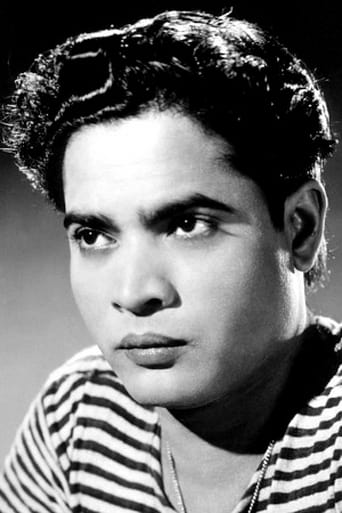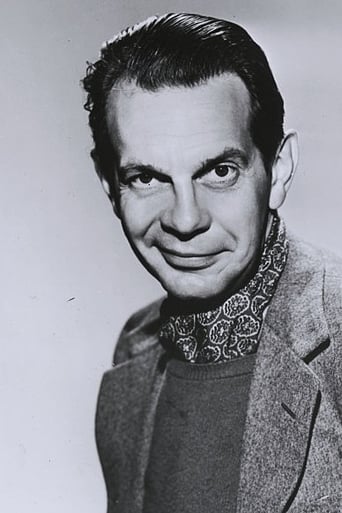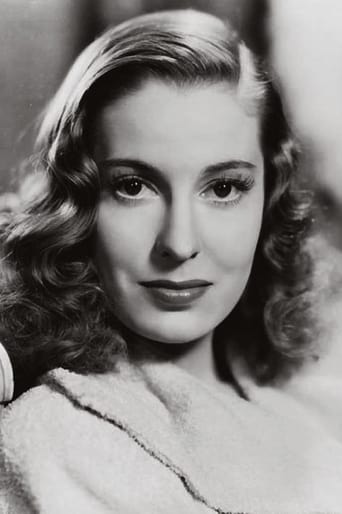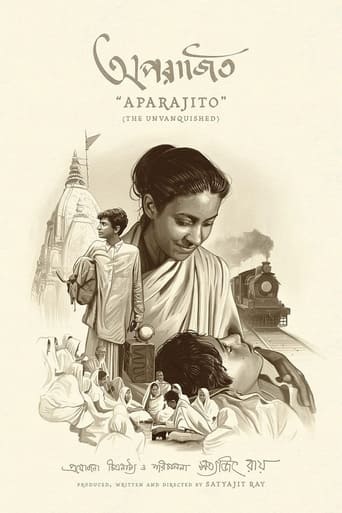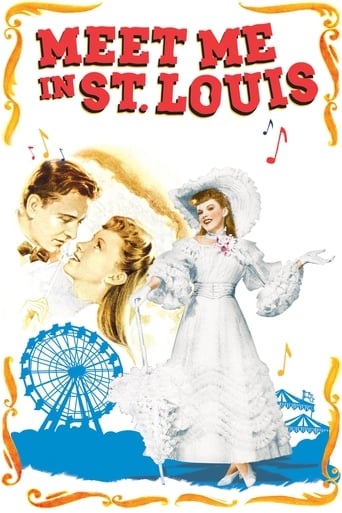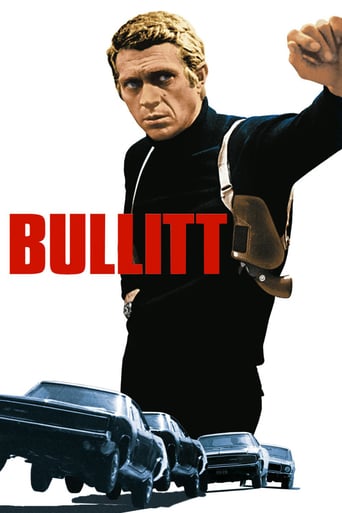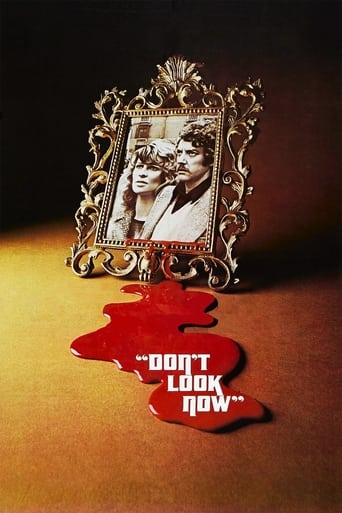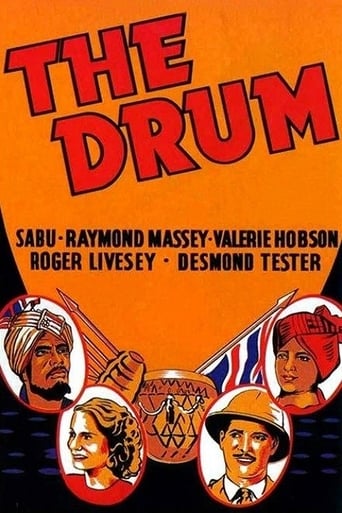
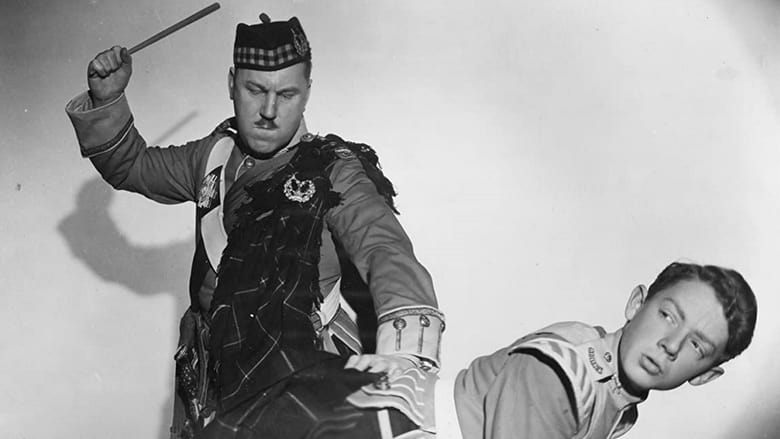
The Drum (1938)
Set in the India of the British Raj, the evil and untrustworthy Prince Guhl (Raymond Massey) plans to wipe out the British troops as they enjoy the hospitality of Guhl's spacious palace. It's up to the loyal young Prince Azim (Sabu) to warn the troops of Guhl's treachery by tapping out a message on his drum.
Watch Trailer
Cast


Similar titles
Reviews
The Drum is perhaps a little too short, and the story is slow-moving to start with. However, the story is a great one, and does have some memorable scenes especially the banquet scene which is very tense and the ending which is really quite stirring.The Drum is also ravishingly photographed, the cinematography is gorgeous and does justice to the splendid costumes and sets. John Greenwood's music is also a nice touch, while the script is good and Zoltan Korda does a fine job directing. The acting is also good enough, Sabu is very beguiling and Roger Livesey is likable and benevolent. For me, Raymond Massey stole the show, he is truly wonderful as the irredeemably swinish villain.All in all, well recommended, also the political incorrectness actually didn't bother me, but I'd say The Four Feathers is better. 8/10 Bethany Cox
From 'Kim' to 'Carry On up the Khyber', from the famous to the infamous (stand up, Harry Flashman!), the North-West Frontier has proved a fertile source of conflict both fictional and historical... and deposed rulers and fiery mullahs have figured largely from that day to this. The plot of 'The Drum' cribs heavily (and at one point openly, with an impudently-inserted piece of dialogue listing the historical parallels that had been niggling at me!) from real-life events, especially in Afghanistan, and as other stories before and since have been based on the same material, this can result in a certain 'seen-it-all-before' sensation. But the winning element in this film is the touch of humanity and humour which helps the characters to become more than cardboard templates, from the drummer-boy and his misfortunes to the wry jests of the newly-appointed British representative walking open-eyed into a trap. Not to mention that, after a spate of films with seemingly pointless titles, I found it obscurely satisfying to encounter one where the eponymous instrument is actually significant both to the plot and its climax!The always-excellent Sabu steals the film, as ever, in his role first as a self-possessed princeling and then as a fugitive in exile from his throne; the romantic leads, while well-performed, are less memorable. The tension in the banquet scene is tangible, and Raymond Massey as the usurper brings brains as well as menace to his role. The one element that rather shocked me -- with the exception of the inadvertent glimpse of buttock that reveals exactly what Scotsmen do or don't wear under their kilts! -- was the scene in which the said usurper is shot down by our wounded hero in cold blood, having thrown down his weapon. It's not customary for such an act to be depicted in an apparently approving manner; and certainly not in a film of this period...I must admit that the question of the period itself had me slightly puzzled, although the mention of syncopation in the drum part for the dance should have given me a clue. I had automatically assumed the story to be set in nineteenth-century India in the heyday of the Raj rather than the contemporary world, and with few European civilian fashions on display, there was nothing to disabuse me of this until the heroine made an appearance in jodhpurs, which came as something of a shock! (And the subconscious resonance with the valleys of 'Carry On up the Khyber' turns out to be based in fact: locations from both were shot in Wales...)But 'The Drum' is a rousing adventure as they used to make 'em, in the tradition of 'Charge of the Light Brigade' or 'Northwest Frontier'; if you like the genre, this one is a cracker.
A wicked Khan plans to use THE DRUM perched high up in his palace walls to signal the massacre of British soldiers invited to a banquet.Sir Alexander Korda's London Films was responsible for this lively Technicolor action film which boasted outdoor scenes shot near the North-West Frontier with the assistance of the Mehtar of Chitral. It blends excitement, humor & history - definitely from a British viewpoint - into an attractive package sure to entertain the viewer lucky enough to find it.Indian actor Sabu stars as the young Prince of Tokot who finds his life suddenly become very dangerous when he's forced to flee his usurping uncle and accept protection from the British Raj. Plummy-voiced Roger Livesey plays the Raj's stalwart envoy to Tokot who must find a way to stop the import of weapons to the evil new Khan, Raymond Massey, who is fomenting a rebellion. All three actors play their parts very well, with Massey especially attacking his villainous role with gusto.Also in the cast are Valerie Hobson as Livesey's courageous wife; David Tree as a junior officer; and corpulent Francis L. Sullivan as the local Governor in Peshawar. Alfred Goddard appears unbilled as the hapless private Kelly.*************************Born Sabu Dastagir in 1924, Sabu was employed in the Maharaja of Mysore's stables when he was discovered by Korda's company and set before the cameras. His first four films (ELEPHANT BOY-1937, THE DRUM-1938, THE THIEF OF BAGDAD-1940, JUNGLE BOOK-1942) were his best and he found himself working out of Hollywood when they were completed. After distinguished military service in World War II he resumed his film career, but he became endlessly confined for years playing ethnic roles in undistinguished minor films, BLACK NARCISSUS (1947) being the one great exception. His final movie, Walt Disney's A TIGER WALKS (1964) was an improvement, but it was too late. Sabu had died of a heart attack in late 1963, only 39 years of age.
Great morale booster for the British people, with another World War looming. Shows the bonding between British and Indians that contributed to the long sojourn of the British in India. Definitely a boy's film with all the majesty that the Empire films of the thirties could muster for audiences suffering from economic depression and worries over the rise of fascism and its onward march. Roger Livesey's character brings to life the type of relationship that so many British civilians and civil servants enjoyed with Indians, so sadly ignored/forgotten in the interest of history revision and political correctness.


